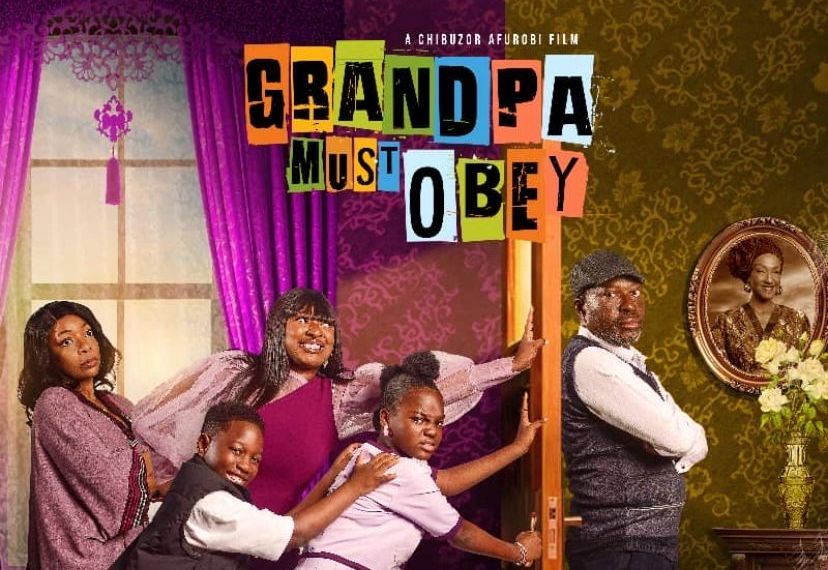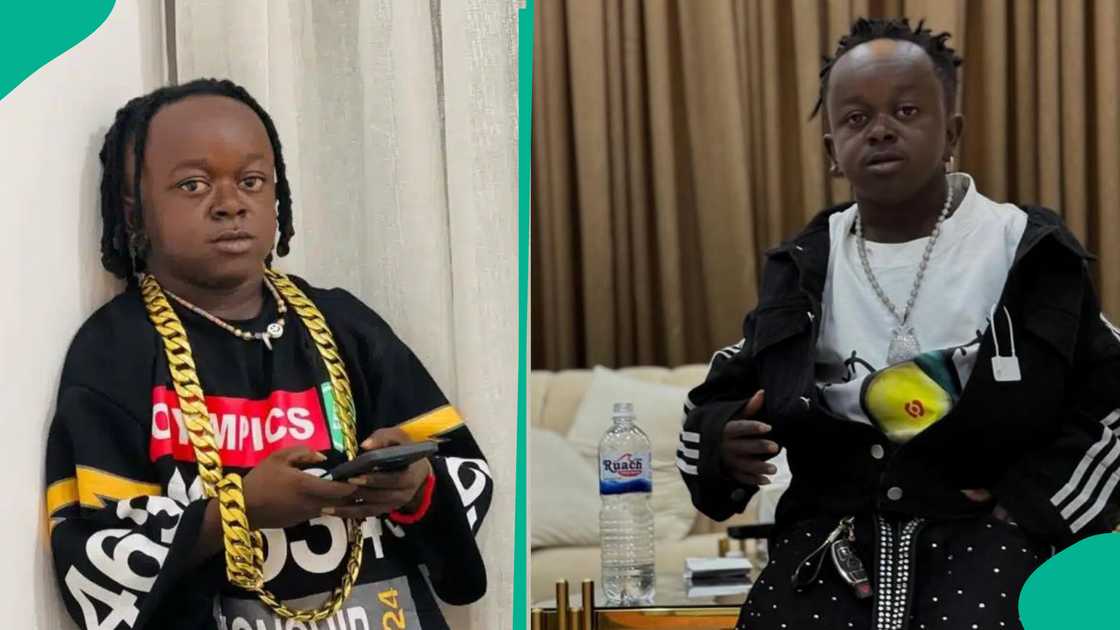As December beckons and anticipation for end-of-year festivities builds across Nigeria and much of West Africa, conversations around music and entertainment have shifted beyond the glitz and glamour of headline events. A new concern now dominates discussions: the ever-increasing performance fees of top Nigerian artists. One notable voice joining this debate is comedian and media personality Freedom Atsepoyi, popularly known as Mr Jollof, who has recently sparked conversation by urging artists to “rethink” their rates for this festive period.
Nigeria’s December Festivities: A Cultural Highlight
For many Nigerians and their West African neighbors, December is more than just a season—it’s a cultural phenomenon. The period is marked by countless concerts, beach parties, “Homecoming” events, and major city festivals that attract not only locals, but also the diaspora and international guests. As Afrobeats has taken the world by storm, so too have the expectations for unforgettable, star-studded performances.
Rising Fees: Artists, Promoters, and the Economic Reality
However, as reported and echoed by Mr Jollof, the performance fees quoted by major artists have, according to many industry insiders, reached levels that may be unsustainable for many event organisers and fans. In a post to his Instagram story, Mr Jollof cautioned, “Dear Nigerian music artists, the current rate of billing is becoming unrealistic. If it continues, this festive season might not deliver the energy we all expect. Fans, promoters, and communities are struggling with costs. There will be little justification to pay such high amounts.”
This is hardly a new concern, but the intensity and visibility of the issue have grown. According to Lagos-based event promoter Olamide Adewole, “There’s no denying our artists have reached a global scale, but local economies aren’t catching up as quickly. When performance fees triple within a year, smaller promoters simply cannot compete.”
Historically, Nigerian artists’ fees have increased in tandem with their growing regional and international influence. Yet 2023 has seen a particularly steep climb, with some estimates suggesting top-tier stars may request upwards of ₦30 to ₦60 million per show—amounts that are daunting for all but the largest corporate-sponsored events.
‘Unrealistic’ or Fair Compensation? The Ongoing Debate
The reactions to Mr Jollof’s appeal have been mixed, laying bare the complex dynamics of the entertainment sector. Supporters argue that accessible pricing is vital for keeping the festive spirit alive and ensuring events remain open to broader communities. As Mr Jollof pointed out, if performance fees continue to soar, organisers might be forced to scale back on shows, potentially leading to a subdued festive season—a concern echoed by local business owners who depend on event-driven economic activity in December.
However, others highlight the immense value and hard work that top artists bring to the table. Instagram user @ezeqwesiri, reflecting an artist-centric view, commented, “Whilst I understand Mr Jollof’s plight, you have to understand how big these guys are.” Such perspectives argue that the artists’ global stature and brand, built over years, justify the elevated fees, especially given the international bookings and endorsements many now receive.
Yet, another online user, @chillzonchill, critiqued the comedian’s remarks, suggesting, “Manipulation on the highest level.” This strand of opinion suspects that calls for lower rates could be attempts to pressure artists into undervaluing their brand or diminish their earnings at a time when global interest in Nigerian music is at an all-time high.
The Broader Economic Context
This conversation cannot be separated from Nigeria’s current economic climate. With inflation at near-record highs and the naira’s value having depreciated against the dollar, costs have soared across all sectors, including events, logistics, and hospitality. According to the National Bureau of Statistics, year-on-year inflation hit approximately 22% in 2023, squeezing the budgets of both consumers and event organisers alike. For smaller communities that rely on end-of-year festivities for a vital economic boost—hotels, transportation, and vendors—fewer or smaller events could mean missed business opportunities and lower seasonal income.
According to Abuja-based economist Oluchi Okeke, “Fee hikes by artists reflect currency fluctuations, but they also risk pricing out smaller organisers. It’s a delicate balance—artists deserve global pay, but local realities need consideration.”
Mainstream vs. Up-and-Coming Talent: Is There a Solution?
With the debate ongoing, some stakeholders point to intermediate solutions. Many suggest incorporating more up-and-coming or local acts into lineups, creating multi-artist shows rather than relying solely on A-list headliners. This approach, which has proven effective in other West African countries such as Ghana and Ivory Coast, makes events more affordable and encourages the growth of local talent, ensuring that the next generation of stars can emerge.
Others propose transparent fee negotiations, use of tiered pricing for different community sizes, and seeking out more brand partnerships to subsidize costs. Industry analyst Sola Bakare notes, “Collaboration and open dialogue are key. Artists, fans, and promoters all play a role in keeping our entertainment scene thriving while ensuring access for all.”
Regional and Global Significance of the Nigerian Music Scene
Nigeria’s music industry, led by genres like Afrobeats and young stars who headline shows in London, New York, and Accra, has become a global force. The festive season is an opportunity to showcase local culture to international guests and to boost tourism—a sector governments across West Africa are actively trying to promote.
Yet, as prices rise and access narrows, there’s a risk of alienating not just local fans but also the ecosystem that supports the industry’s continued growth. In Ghana, for instance, concern over event affordability has led organisers to offer family tickets and community-centred concerts, helping to keep the festive cheer alive across income groups.
Looking Ahead: What’s at Stake?
Ultimately, the discussion sparked by Mr Jollof reflects a much larger tension at the heart of Nigeria’s creative economy—balancing the need to reward homegrown talent with the reality of local economic constraints. Only time will tell if this festive season will find a workable compromise or if escalating costs will change the tune of December in Nigeria for years to come.
Do you think performance fees for top artists should be capped during December, or is it fair for them to set their own market value? How has this debate affected your plans for the upcoming holiday season? Drop your thoughts in the comments below and follow us for the latest updates on Nigeria’s entertainment scene!
Do you have a perspective, story, or tip about the Nigerian entertainment industry or festive events? Want to see your experience featured or discuss story sales? We’d love to hear from you! Email us at story@nowahalazone.com.
Stay engaged by following us on Facebook, X (Twitter), and Instagram for more stories, updates, and real-time entertainment news!










